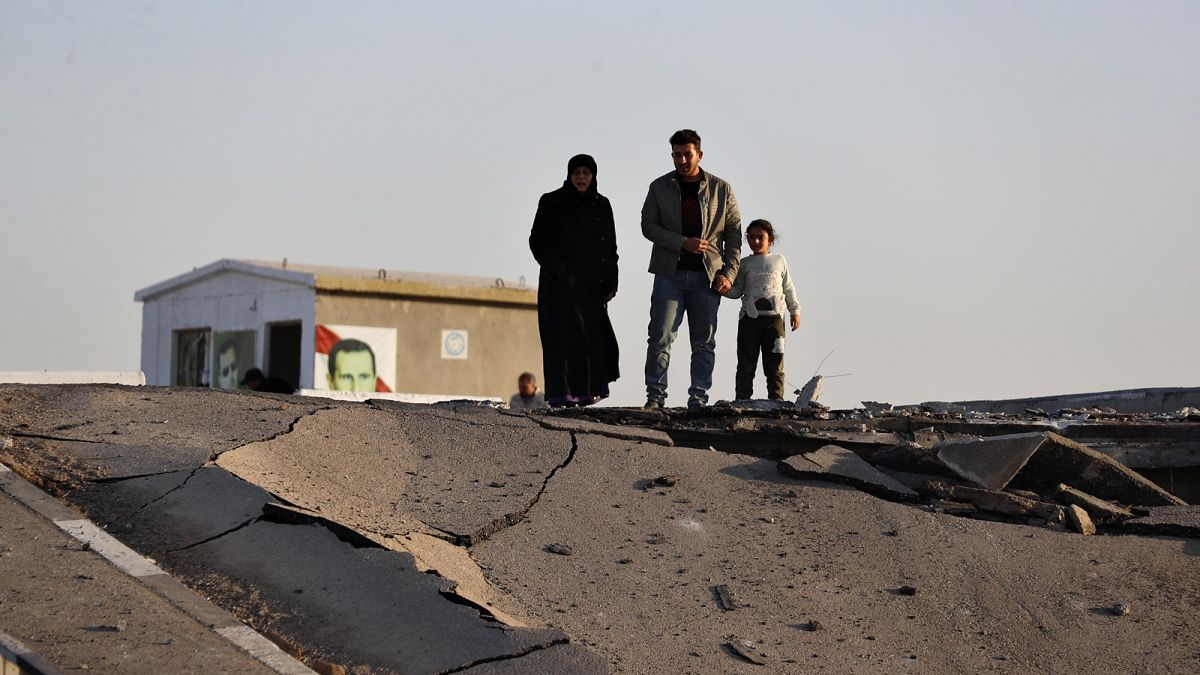The EU is considering ways to increase the voluntary return of Syrian refugees back to their war-torn country, a move that is gaining traction but remains controversial. The European Commission stressed the role of the UN Refugee Agency in supporting these returns, which would happen on a voluntary basis due to legal constraints. Strict laws prevent the forced deportation of Syrians as they are usually granted asylum, and the principle of non-refoulement forbids deporting migrants to places where they could face persecution.
Many Syrian refugees sought international protection in European countries after fleeing their homes during the start of the Syrian Civil War in 2011. Germany hosts the highest number of Syrian asylum seekers and refugees, followed by Sweden, Austria, Greece, the Netherlands, and France. However, last year only 38,300 Syrian refugees returned voluntarily due to concerns over safety, livelihoods, basic services, and housing conditions in Syria. The majority of people in Syria live in poverty, and there are risks of repression and persecution by the Syrian government upon return.
The EU has acknowledged the need for safe, voluntary, and dignified returns of Syrian refugees, as defined by the UNHCR. Talks among member states are ongoing, although a breakthrough is yet to be seen. EU leaders recently endorsed a tougher approach to managing migration and are exploring outsourcing projects and reviewing the concept of “safe third countries” for faster deportations. Italy and Austria led a joint letter of eight member states calling for a more active and results-oriented EU strategy on Syria.
The European External Action Service is considering appointing a special envoy for Syria, a demand made by Italy. Since 2011, the EU and its member states have provided over €30 billion in humanitarian and development aid to support Syrians in the country and the region. Despite the ongoing discussions and efforts to address the issue, the current circumstances in Syria do not ensure safe and dignified repatriations. The growing political willingness to tackle the controversial matter is evident in the discussions happening at the EU level. The situation in Syria remains complex, with various factors impacting the return of refugees.










